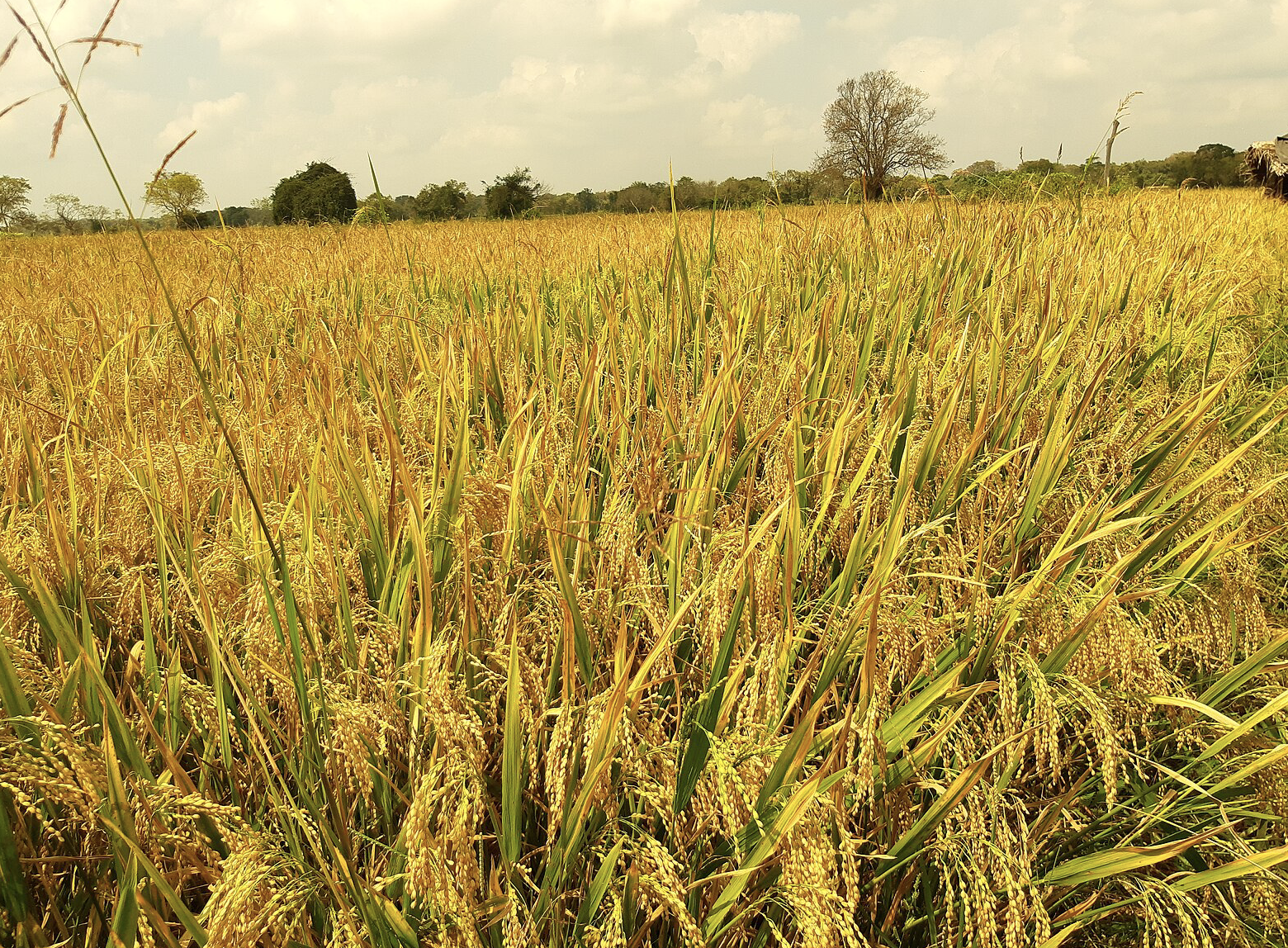Sri Lanka loses up to 40 per cent of its agricultural produce after harvest
Every year, approximately 500,000 metric tonnes of fruit and vegetables are lost – enough to feed the country for up to four months. Among the causes are poor transportation and packaging. Losses could be reduced to 5.7 per cent by following the Ministry of Agriculture's guidelines. The Circular Project sponsored by the FAO and the EU aims to reduce food waste with a circular economy approach and digital tools.
Colombo (AsiaNews) – According to a new study by the Department of Agriculture in co-operation with other partners, post-harvest losses of fruit and vegetables in Sri Lanka are estimated to be around 180 billion rupees per year (almost US$ 600 million)
More than 500,000 metric tonnes of agricultural produce are wasted per year, especially during transportation, about 200,000 tonnes of vegetables and 300,000 tonnes of fruits, enough to feed the entire country for two to four months.
If best practices and guidelines were followed, including transportation methods and proper packaging, waste could be reduced to 5.7 per cent.
Currently, crop losses are between 30 and 40 per cent, especially during transit; the greatest damage occurs between farms and retail markets.
The research found that transportation-related waste is approximately 10 per cent annually, which could be reduced, thus allowing for 60 per cent growth in the national and agricultural economy.
Researchers have noted, however, that farmers, intermediaries, and retailers have not yet adopted the recommended guidelines and measures introduced to reduce losses, thus perpetuating the problem.
“We've been growing vegetables for over 15 years. Despite good harvests, we're unable to provide fresh produce to consumers because most of our produce spoils during transportation,” said Vadivel Aruliah, 56, and Sinnathamby Joseph, 52, vegetable growers in Nuwara Eliya, speaking to AsiaNews.
“For example, we harvested cabbages the size of a medium jackfruit. However, when they are ready to eat, they shrink to the size of a breadfruit, with several outer leaves that rot, become damaged, and need to be removed.”
Heenbanda Dissanayaka, 50, and Mahinda Wijepala, 43, fruit growers in Dambulla, also report that “fruit spoils during transportation.”
Agriculture experts Daminda Kahawita and Rashmi Mendis note that Sri Lanka has an institution dedicated to this problem, the National Institute of Post Harvest Management (NIPHM), which operates under the Ministry of Agriculture, with the aim of improving post-harvest technologies.
“Senior NIPHM officials regularly visit harvest sites and conduct awareness campaigns,” they note. “However, most of these guidelines are not followed at the local level to effectively reduce losses.”
Due to poor handling and packaging, some 221,955 tonnes of vegetables and 290,151 tonnes of fruit are wasted during transportation each year. This represents 19 per cent and 20 per cent, respectively.
“In more developed countries, packaging is a separate industry. Farmers' associations or private investments manage packaging in the agricultural sector,” they explain.
In Sri Lanka, “There is a critical need to increase storage facilities for fruits and vegetables, as adequate storage allows surplus harvests to be preserved for future use, stabilising prices and benefiting both farmers and consumers,” they added.
Meanwhile, an initiative called the Circular Project, led by the UN Food and Agriculture Organization (FAO) with the assistance of the European Union, seeks to address the problem of food loss and waste using a circular economy approach to reuse, recycle, and optimise resources throughout the food supply chain.
The project will be implemented in Colombo, Nuwara Eliya, and Galle and will include data-driven assessments of food losses and waste.
The project will support the adoption of digital tools to help food supply chain stakeholders identify and address the root causes of waste, contribute to the recovery and reuse of food waste, improve access to food for vulnerable communities, and reduce the environmental footprint of the food supply chain.
By addressing food losses and waste, the project aims to improve food security, rural livelihoods, and support sustainable agricultural growth.
17/10/2022 17:09







.png)










